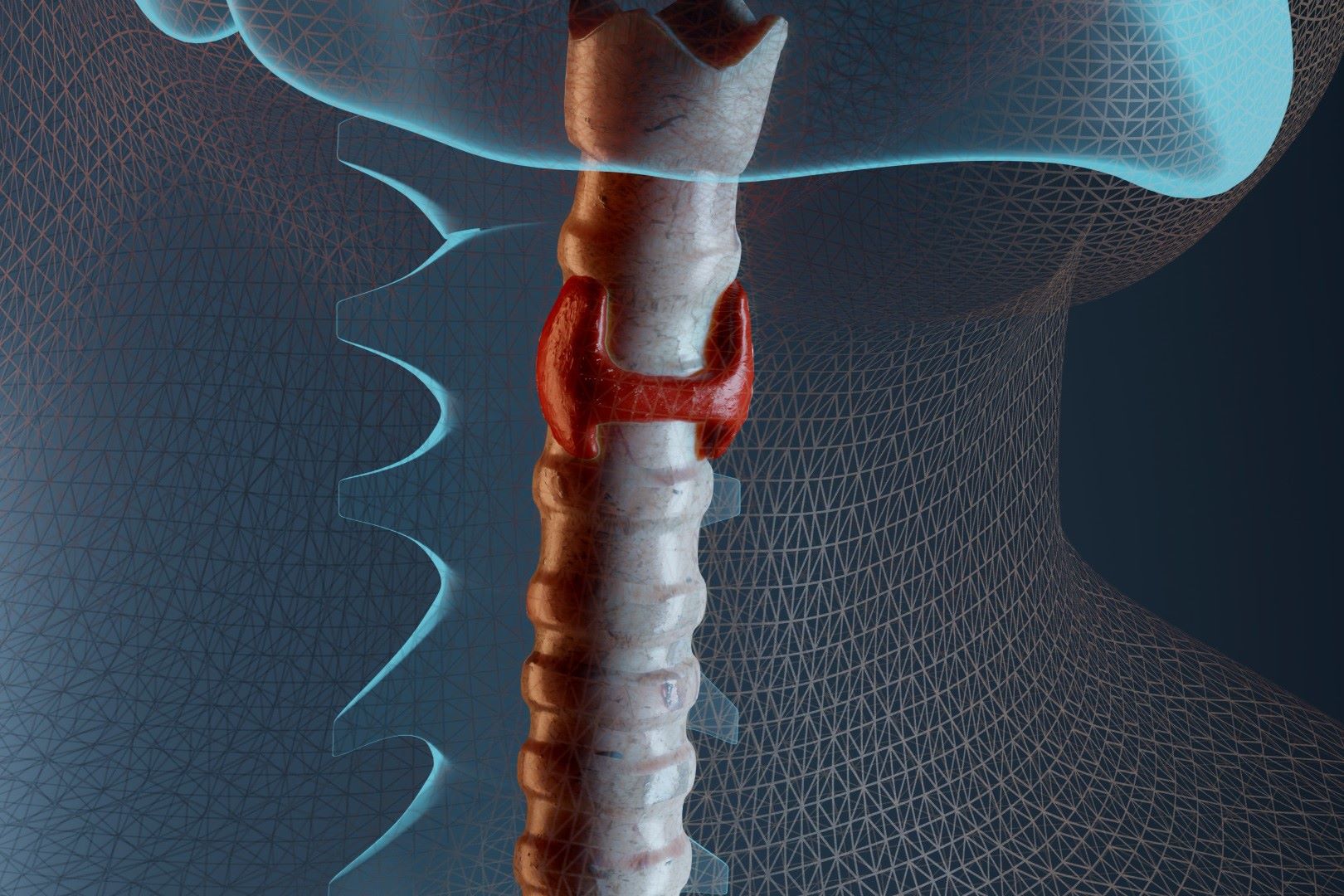
Hyper-Reninism is a condition that might sound complex, but understanding it can be straightforward. This condition involves an overproduction of renin, a hormone that plays a key role in regulating blood pressure. Renin is produced by the kidneys and helps control blood pressure by managing the balance of salt and water in the body. When too much renin is produced, it can lead to high blood pressure, also known as hypertension. This can cause various health issues, including heart disease and kidney problems. Knowing the facts about hyper-reninism can help you understand its impact on health and the importance of managing it effectively. Let's dive into 30 essential facts about hyper-reninism to give you a clearer picture of this condition.
Key Takeaways:
- Hyper-Reninism is a condition where the body has too much of a certain enzyme, causing high blood pressure and other health issues. It can be managed with medication, lifestyle changes, and regular monitoring.
- If left untreated, Hyper-Reninism can lead to serious complications like heart disease, kidney damage, and vision problems. Early diagnosis and treatment are crucial for preventing these risks.
What is Hyper-Reninism?
Hyper-Reninism, also known as hyperreninemia, is a condition characterized by elevated levels of renin in the blood. Renin is an enzyme secreted by the kidneys that plays a crucial role in regulating blood pressure and electrolyte balance. Understanding this condition can help in managing its effects and improving overall health.
-
Renin's Role: Renin helps control blood pressure by regulating the balance of sodium and potassium in the body.
-
Kidney Function: The kidneys release renin when they sense low blood pressure or low sodium levels.
-
Hormonal Cascade: Renin triggers a series of reactions that lead to the production of angiotensin II, a powerful vasoconstrictor.
-
Blood Pressure: Angiotensin II increases blood pressure by narrowing blood vessels and stimulating the release of aldosterone.
-
Aldosterone's Role: Aldosterone helps the kidneys retain sodium and water, which increases blood volume and pressure.
Causes of Hyper-Reninism
Several factors can lead to hyper-reninism. Identifying these causes is essential for effective treatment and management.
-
Renal Artery Stenosis: Narrowing of the arteries that supply blood to the kidneys can cause hyper-reninism.
-
Chronic Kidney Disease: Damaged kidneys may produce more renin in an attempt to regulate blood pressure.
-
Dehydration: Severe dehydration can trigger the kidneys to release more renin.
-
Heart Failure: Reduced blood flow to the kidneys due to heart failure can lead to increased renin production.
-
Adrenal Gland Disorders: Conditions affecting the adrenal glands, such as Conn's syndrome, can cause hyper-reninism.
Symptoms of Hyper-Reninism
Recognizing the symptoms of hyper-reninism can lead to early diagnosis and treatment.
-
High Blood Pressure: Persistent hypertension is a common symptom.
-
Headaches: Frequent headaches may occur due to elevated blood pressure.
-
Fatigue: Chronic tiredness can result from the body's efforts to regulate blood pressure.
-
Muscle Weakness: Imbalances in electrolytes can cause muscle weakness.
-
Excessive Thirst: Increased thirst may be a sign of electrolyte imbalance.
Diagnosing Hyper-Reninism
Accurate diagnosis is crucial for effective treatment. Various tests and procedures can help identify hyper-reninism.
-
Blood Tests: Measuring renin and aldosterone levels in the blood can help diagnose the condition.
-
Urine Tests: Analyzing urine for sodium and potassium levels can provide additional information.
-
Imaging Studies: Ultrasound or CT scans can detect abnormalities in the kidneys or adrenal glands.
-
Renal Vein Sampling: This procedure measures renin levels directly from the renal veins.
-
Genetic Testing: In some cases, genetic testing may be necessary to identify underlying causes.
Treatment Options for Hyper-Reninism
Managing hyper-reninism involves addressing the underlying cause and controlling symptoms. Various treatment options are available.
-
Medications: ACE inhibitors, angiotensin II receptor blockers, and aldosterone antagonists can help manage blood pressure.
-
Lifestyle Changes: Reducing salt intake, maintaining a healthy weight, and exercising regularly can improve symptoms.
-
Surgery: In cases of renal artery stenosis, surgical intervention may be necessary.
-
Dialysis: For patients with chronic kidney disease, dialysis may be required to manage symptoms.
-
Monitoring: Regular monitoring of blood pressure and electrolyte levels is essential for effective management.
Complications of Hyper-Reninism
If left untreated, hyper-reninism can lead to serious complications. Understanding these risks can help in taking preventive measures.
-
Cardiovascular Disease: Persistent high blood pressure increases the risk of heart disease and stroke.
-
Kidney Damage: Chronic high blood pressure can further damage the kidneys.
-
Electrolyte Imbalance: Imbalances in sodium and potassium levels can lead to severe health issues.
-
Vision Problems: High blood pressure can damage blood vessels in the eyes, leading to vision problems.
-
Organ Damage: Prolonged hypertension can cause damage to various organs, including the heart, brain, and kidneys.
Final Thoughts on Hyper-Reninism
Hyper-Reninism, a condition marked by elevated renin levels, impacts blood pressure and overall health. Understanding its causes, symptoms, and treatments can help manage this condition effectively. Key triggers include kidney issues, certain medications, and genetic factors. Symptoms often mimic other ailments, making diagnosis tricky. However, blood tests and imaging can pinpoint the problem.
Treatment usually involves medication to control blood pressure and address underlying causes. Lifestyle changes, like reducing salt intake and managing stress, also play a crucial role. Regular check-ups ensure the condition remains under control.
Awareness and early intervention are vital. If you suspect hyper-reninism, consult a healthcare professional. Knowledge empowers you to take proactive steps, improving your quality of life. Stay informed, stay healthy.
Frequently Asked Questions
Was this page helpful?
Our commitment to delivering trustworthy and engaging content is at the heart of what we do. Each fact on our site is contributed by real users like you, bringing a wealth of diverse insights and information. To ensure the highest standards of accuracy and reliability, our dedicated editors meticulously review each submission. This process guarantees that the facts we share are not only fascinating but also credible. Trust in our commitment to quality and authenticity as you explore and learn with us.
